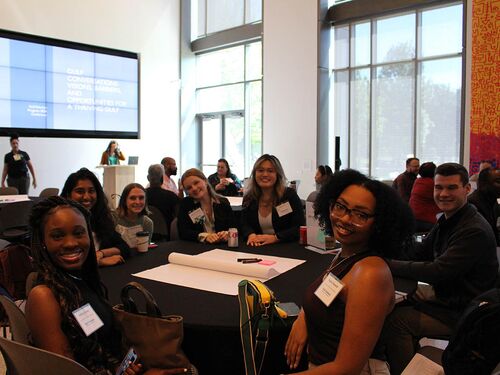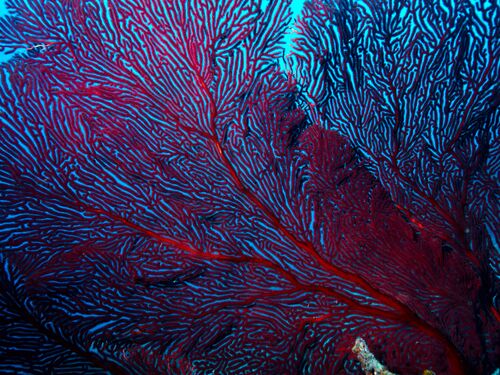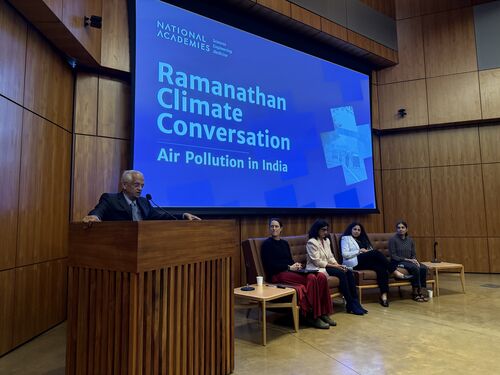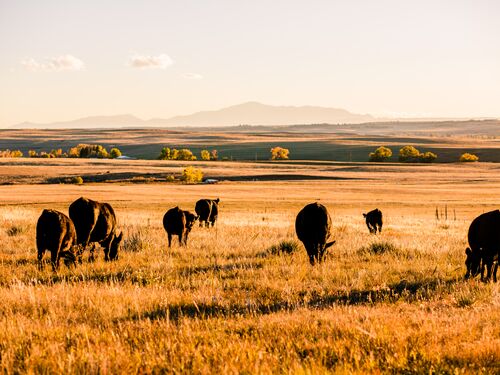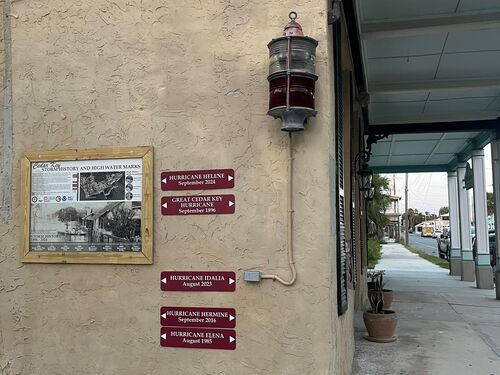'One Room, One Community': Embracing the Power of the Collective at the 2024 Gulf Scholars Program Conference
Program News
Last update July 30, 2024
IMG_6998.JPG | https://nasemoceprodcomm-nationalacademies.cec.ocp.oraclecloud.com/content/published/api/v1.1/assets/CONTA7BAD41B095A4551BCE3AAF847D1B138/native?cb=_cache_daba&channelToken=d2dc71410b56f1d61406108f1738d0f4
In April, 150 students, faculty, and staff from the 18 institutions that participate in the Gulf Scholars Program (GSP) gathered on Rice University’s campus in Houston to take part in the program’s second annual conference. Thematically centered on the power of the collective for a thriving Gulf, this conference connected students from across the Gulf region to learn about one another’s experiences and to inspire each other to become change agents of the future. Meanwhile, faculty and staff examined challenges and opportunities of their individual GSPs, engaging in peer learning to address challenges and brainstorm solutions.
The two-day conference opened with remarks from Jack E. Davis, University of Florida GSP faculty and author of The Gulf: The Making of an American Sea. Davis discussed the history of the Gulf region and how that history continues to shape current regional challenges. His presentation was followed by a panel of Rice University’s GSP faculty and community partners who discussed the importance of community engagement, the relationship between academia and policy, and the challenges of ensuring equitable resilience across communities.
Afterward, students had the opportunity to discuss key takeaways from the morning sessions and form mixed groups with students from different institutions to exchange ideas around questions such as: What does a just, equitable, and thriving future look like for the Gulf? What’s standing in the way of realizing this future? And, what must be done to realize this future?
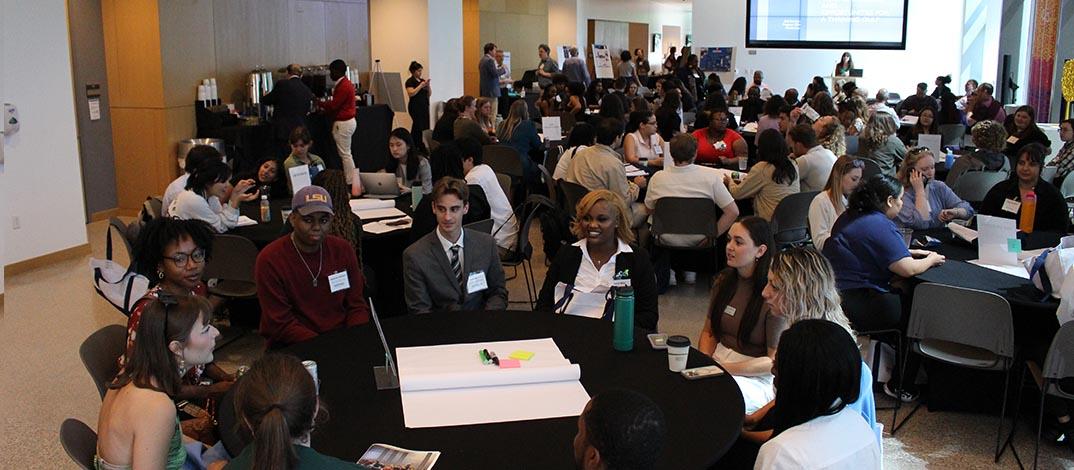
Following these conversations around visions, barriers, and opportunities for a thriving Gulf region, the students made their way to the Moody Center for the Arts, where they were led through an interactive artistic exercise exploring their “Gulf ethos” by Houston-based artist Henry G. Sanchez, creator of the BioArt Bayou-torium.
Sanchez guided students through creating representations of their Gulf ethos. After identifying the top three drivers that influence their commitment to the Gulf region — which could include things like past experiences, political or religious beliefs, emotional or spiritual connections, scientific curiosity, or mentorship influences — the students then constructed three-pointed paper stars to represent their influences, and the stars were arranged in a collage showcasing the variety of inspirations that led students to join the Gulf Scholars Program.
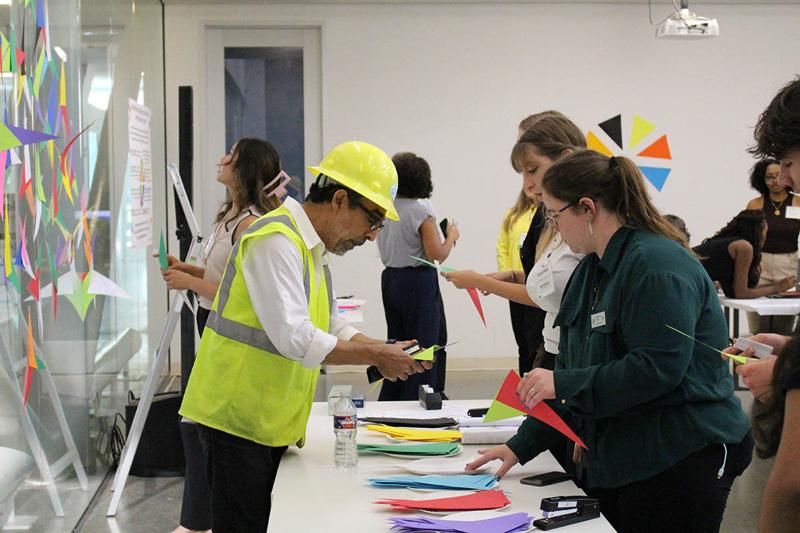
In a second activity, students were asked to envision a future after their time in the Gulf Scholars Program and how they hoped to be change agents in their communities. They were asked to add two pieces of paper to a sun-shaped collage with each ray signifying a different sector of impact, such as decision-making and policy; nature; engineering, architecture, design, or planning; arts and humanities; scientific research; education; health or human services; and community engagement.
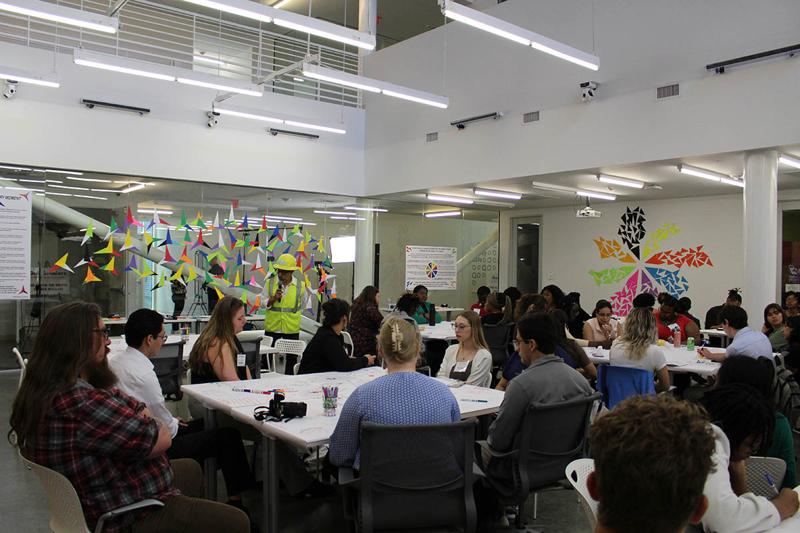
The first day of the conference concluded with a poster session where students showcased their Gulf Impact Projects. The Gulf Impact Projects are mentored research and/or creative projects undertaken by undergraduate students that focus on one or more of the core areas of the Gulf Research Program — community health and resilience, environmental protection and stewardship, offshore energy safety, or education and engagement. These projects covered a wide spectrum of interests, including research on the impacts of plastic pollution, capturing oral histories from early childhood teachers in Louisiana, examining the relationship between air quality and depression in Gulf Region residents, and musical renderings of the soundscapes of the Gulf Coast.
Dawson Franklin, a Gulf Scholar from Rice University, commented on the breadth of interests and expertise covered in the conference. “[The] GSP is unique. We heard from directors of sustainability institutes, leaders in nonprofits, data visualizers, storytellers, advocates for changes. All of that happened in one room, one community.”
The second day of the conference featured roundtable sessions that provided students with opportunities to have more focused discussions in small groups. The first of these allowed students to have conversations with Rice GSP professors and community partners about environmental equity, sustainability, and resilience issues. The second roundtable session connected students with early-career mentors who discussed their experiences in graduate school, getting jobs, and conducting research.
“Participating in the Gulf Scholars Program has been a homecoming-like experience, reconnecting me with the Gulf region and its rich culture,” said Soon Ja Elzey, a Gulf Scholar from Xavier University in Louisiana, during closing reflections. “Through this experience, I have gained a deep understanding of the intersectionality between science and social justice. The opportunity to participate in this year’s conference has allowed me to further my understanding concerning the Gulf region and the role we play as its inhabitants.”
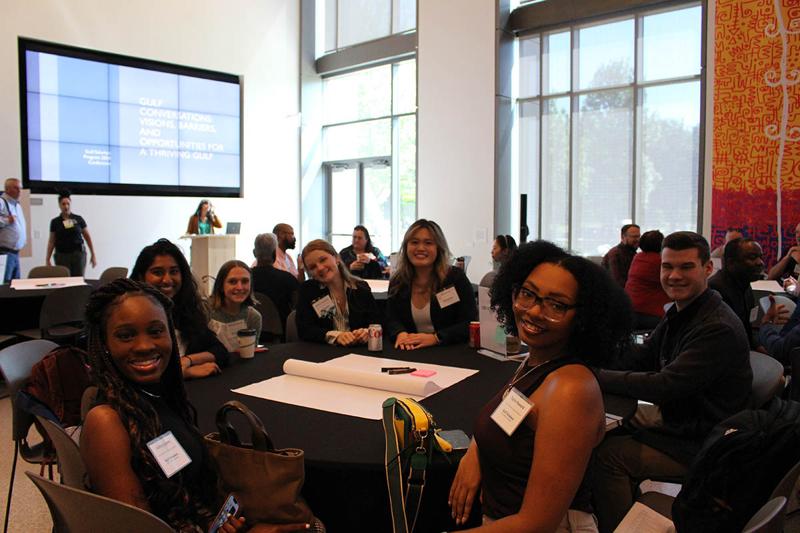
More like this
Discover
Events
Right Now & Next Up
Stay in the loop with can’t-miss sessions, live events, and activities happening over the next two days.
NAS Building Guided Tours Available!
Participate in a one-hour guided tour of the historic National Academy of Sciences building, highlighting its distinctive architecture, renowned artwork, and the intersection of art, science, and culture.
